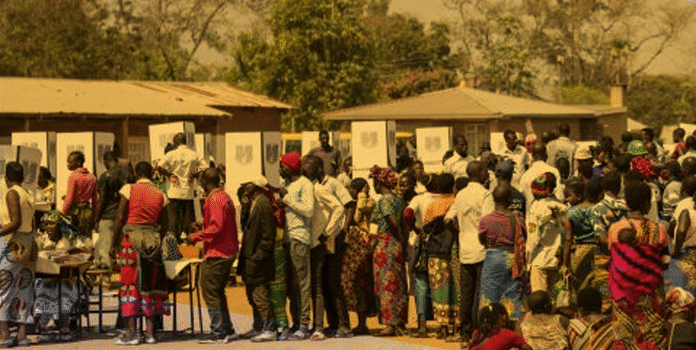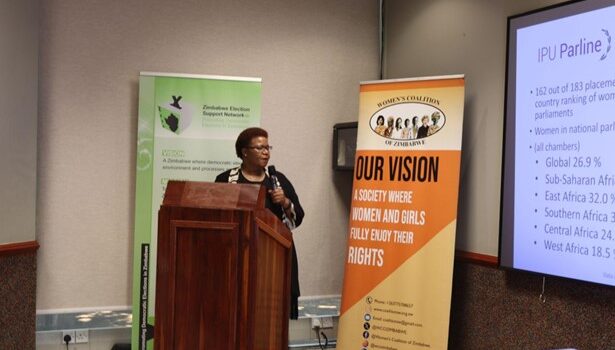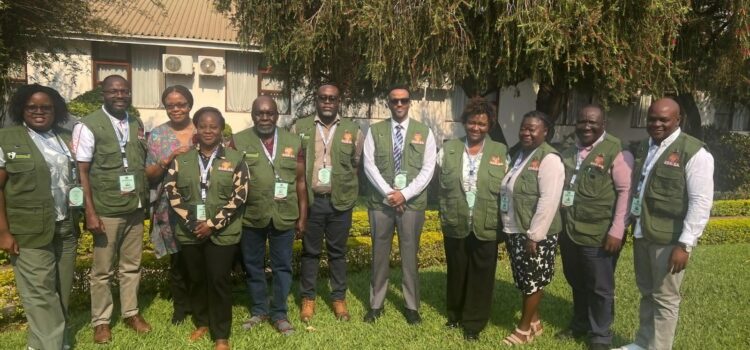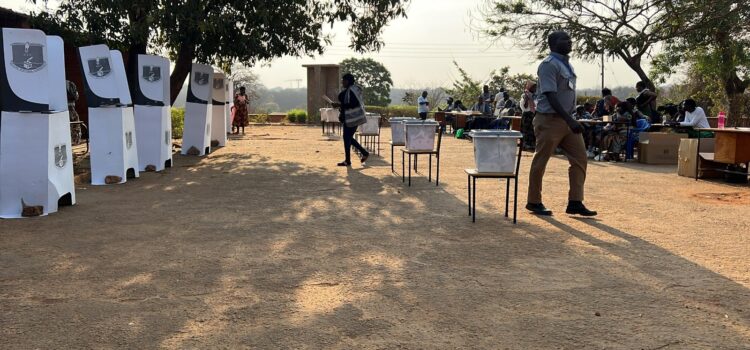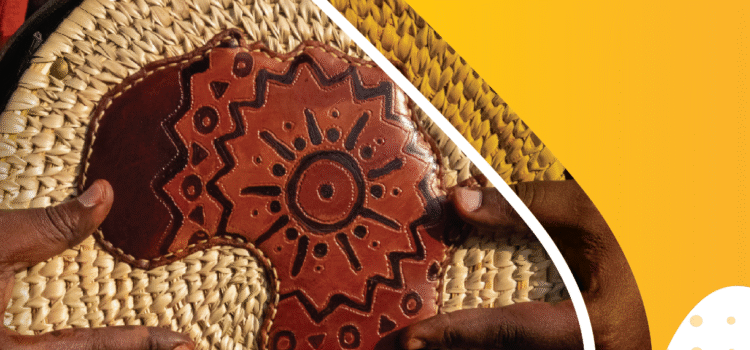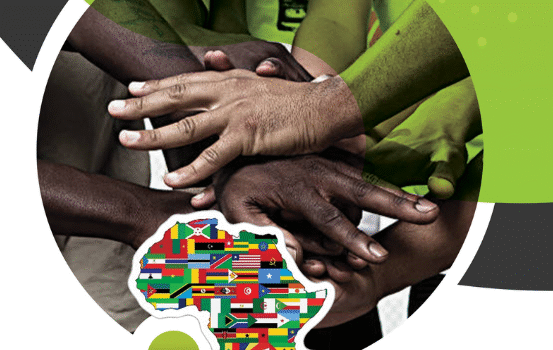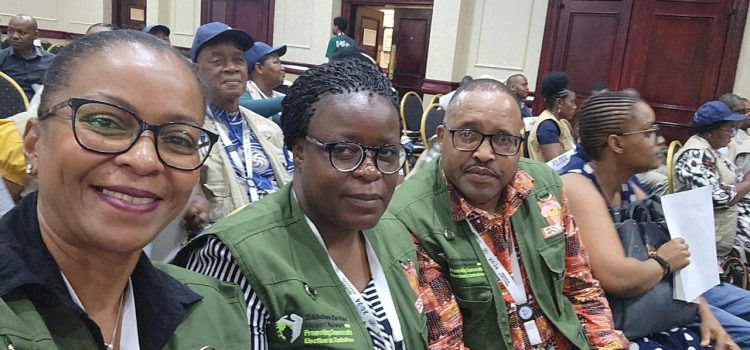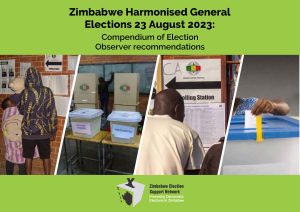The Electoral Support Network of Southern Africa and the Zimbabwe Election Support Network jointly deployed an Observation and Learning Mission to the Malawi General (Presidential, Parliamentary and Local Government) Elections held on 16 September 2025. The Mission comprised 12 observers who were deployed to four districts in the Central Region, namely Lilongwe Central, Salima, Dowa and
Dedza. The Mission undertook a comprehensive review of the political, administrative, and legal frameworks governing elections in Malawi. In addition, the Mission held consultations with key electoral stakeholders, such as citizen observer groups, women’s organisations and other international observer missions. These engagements were instrumental in enhancing the Mission’s understanding of the
broader electoral environment.
